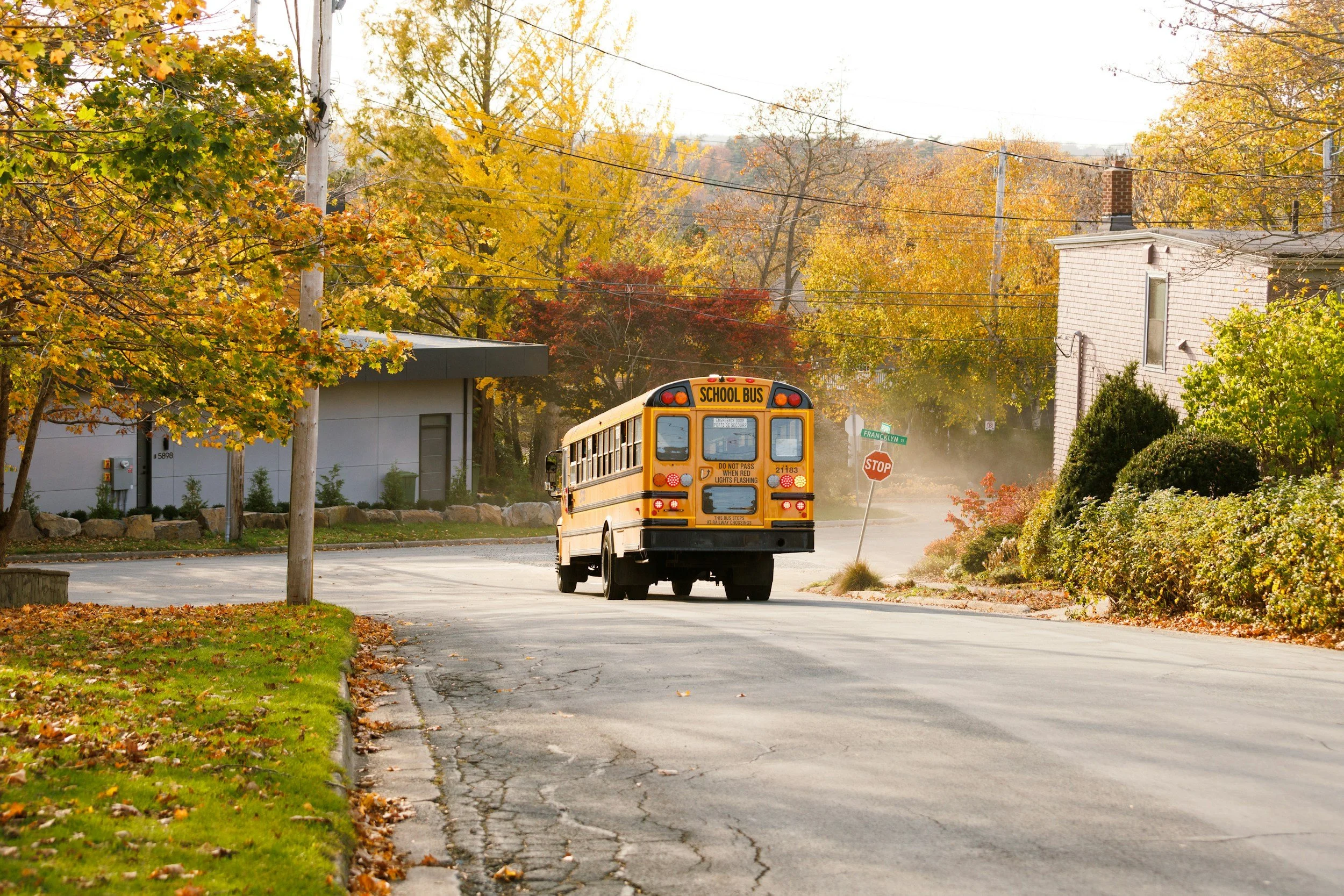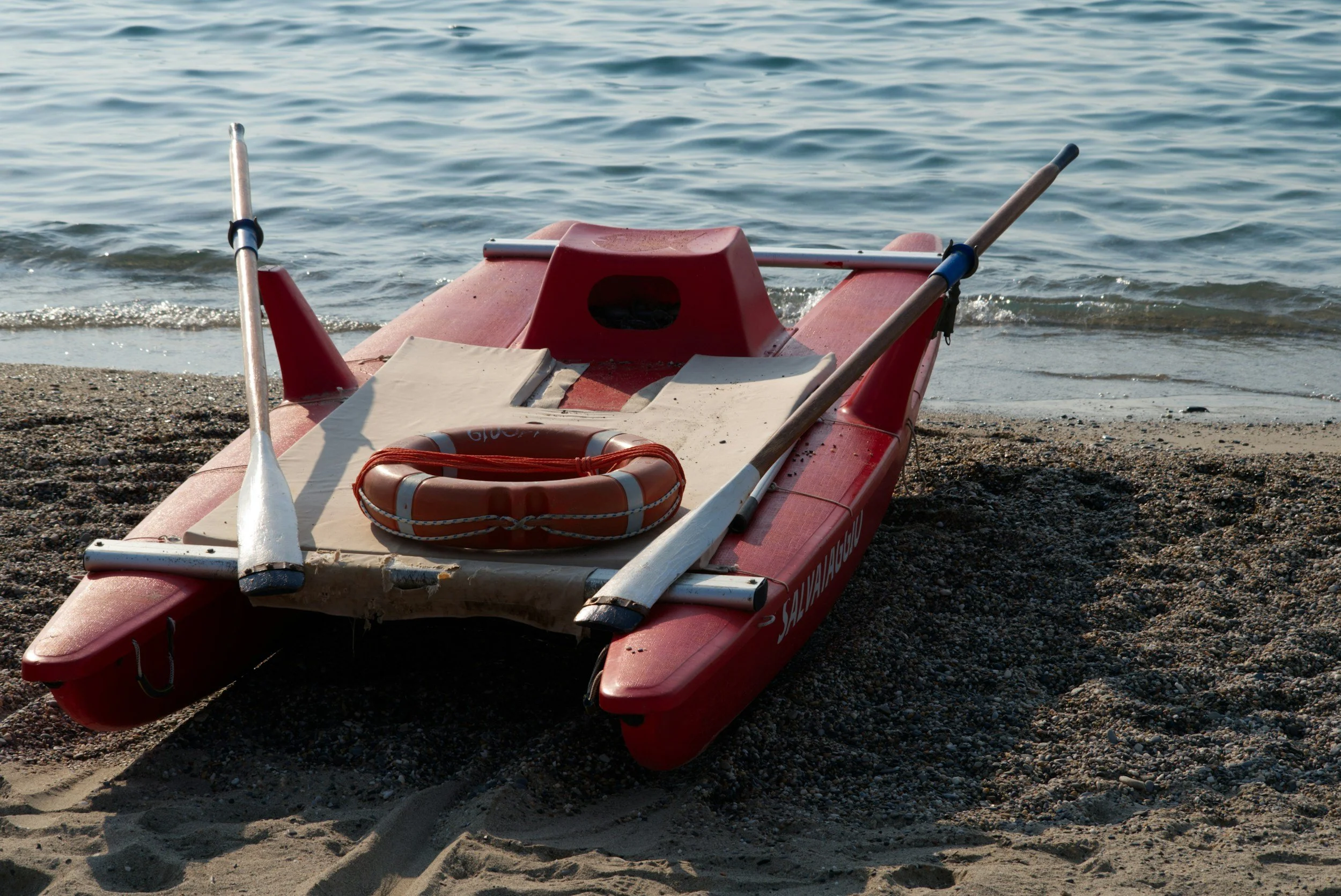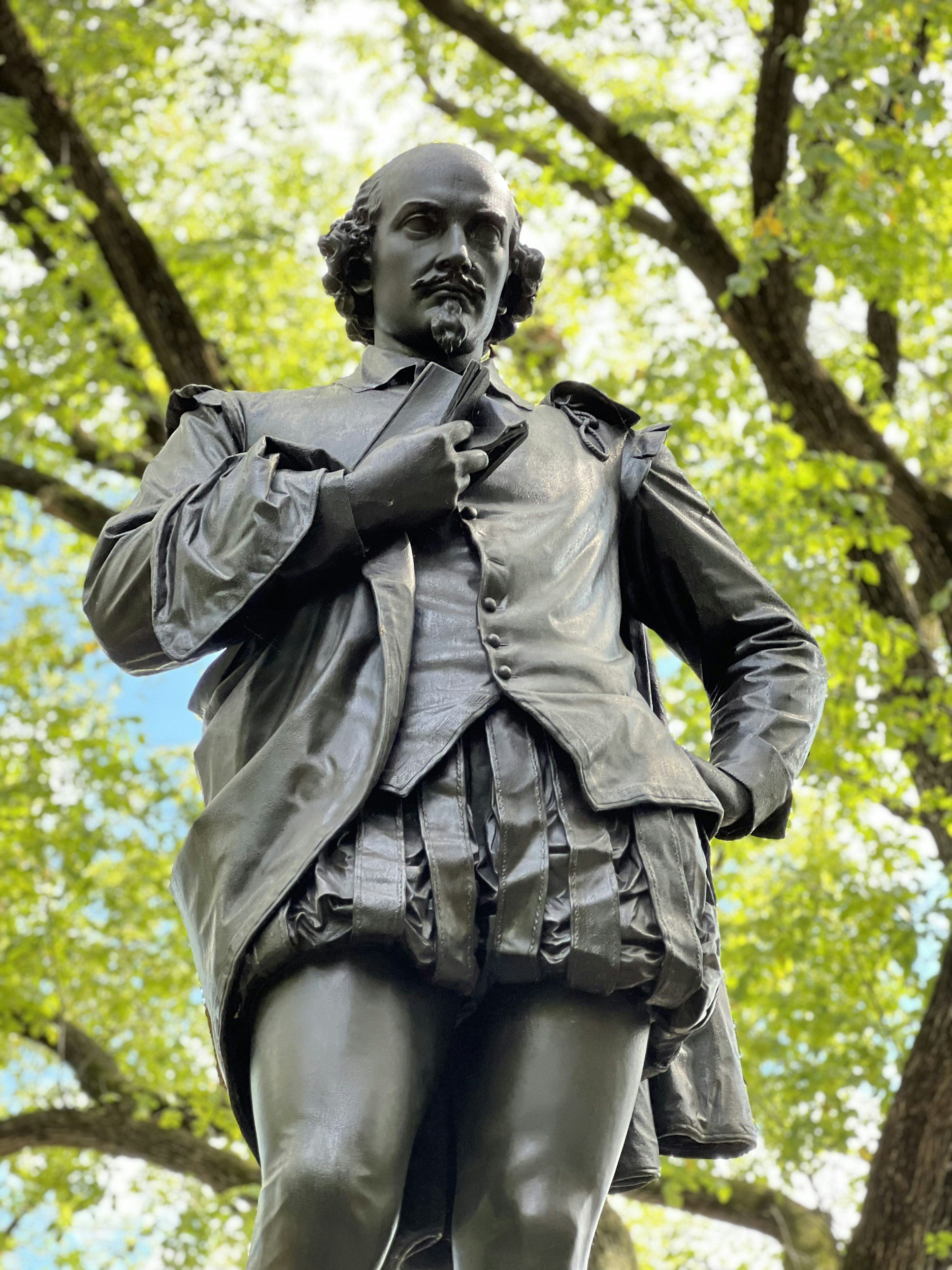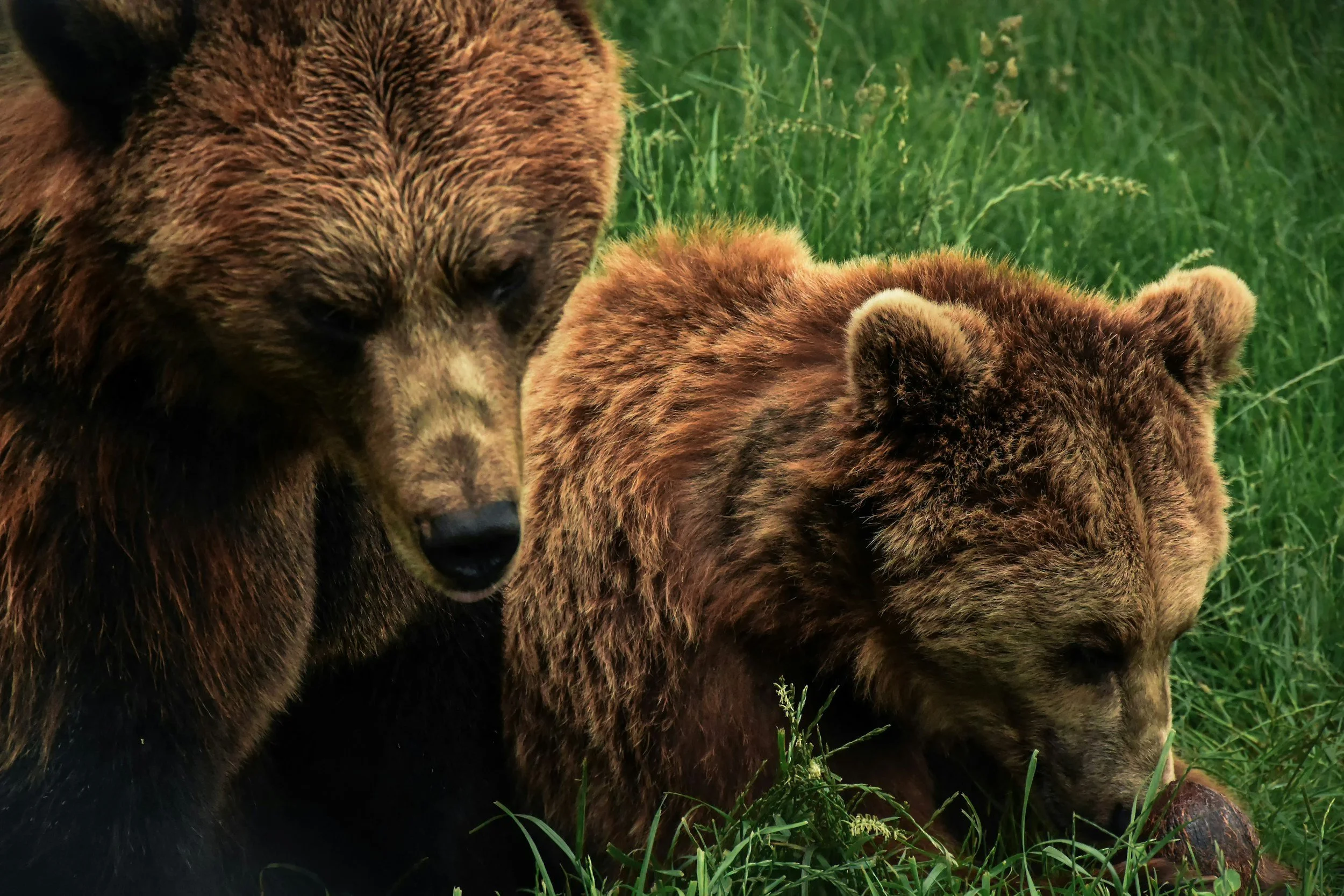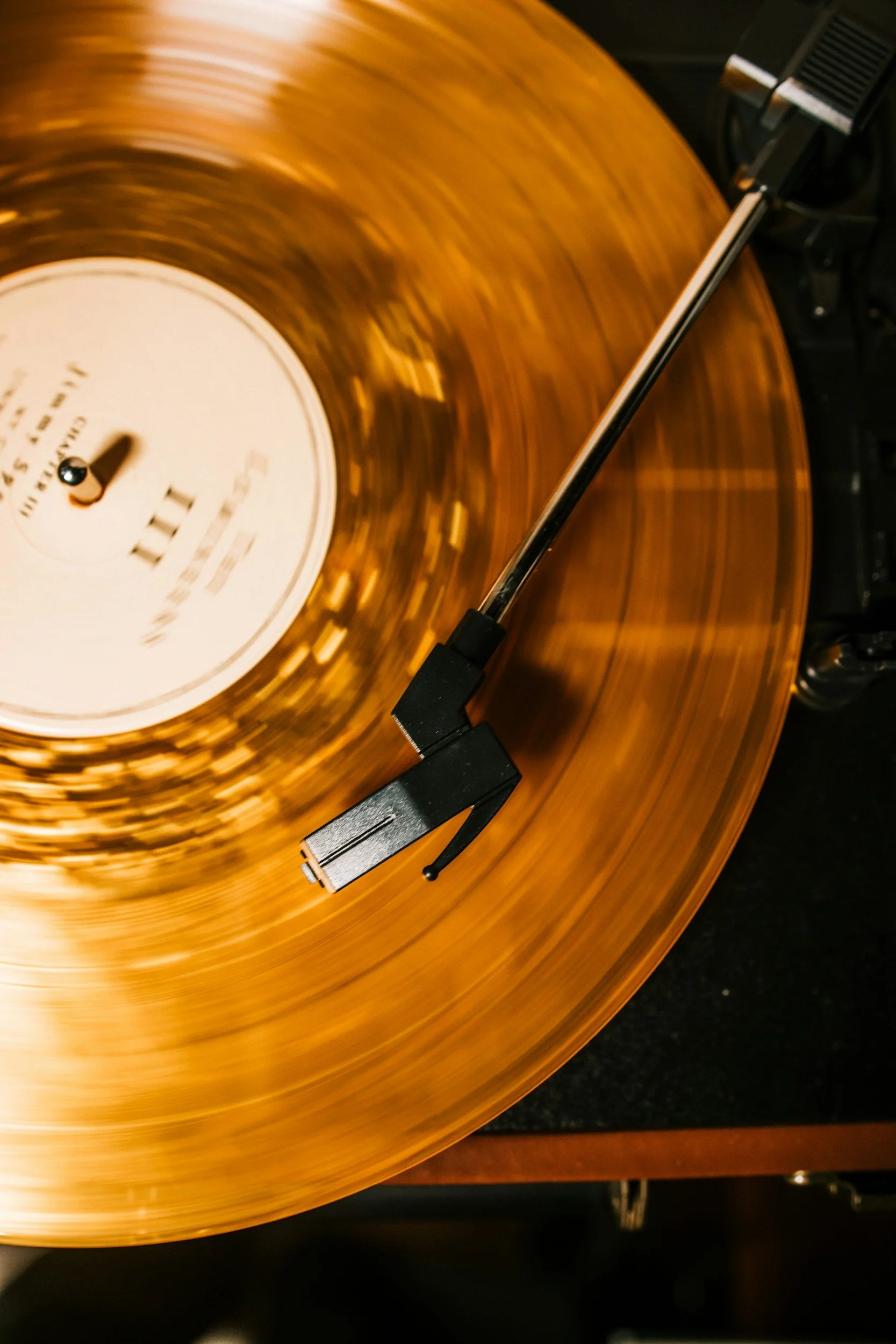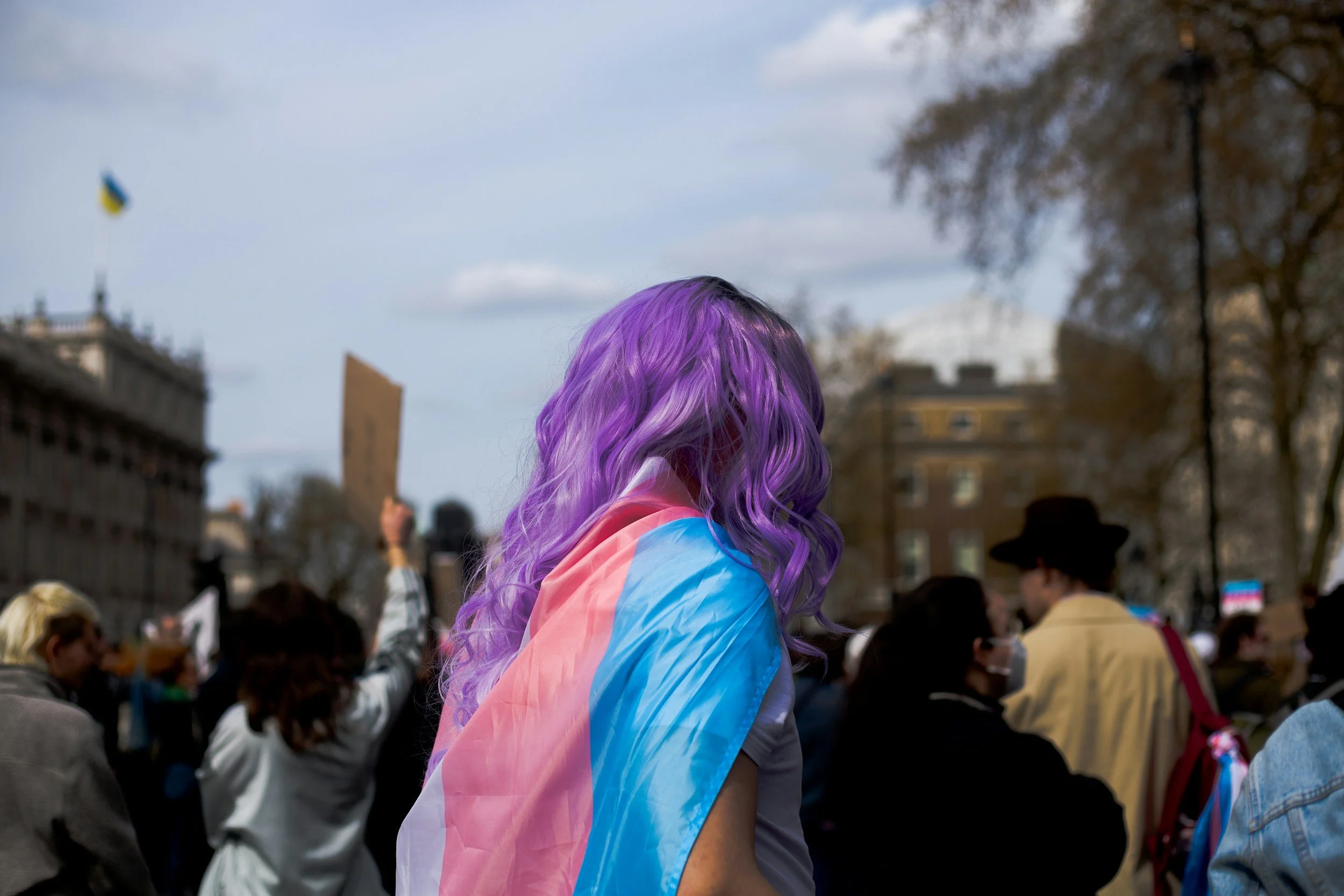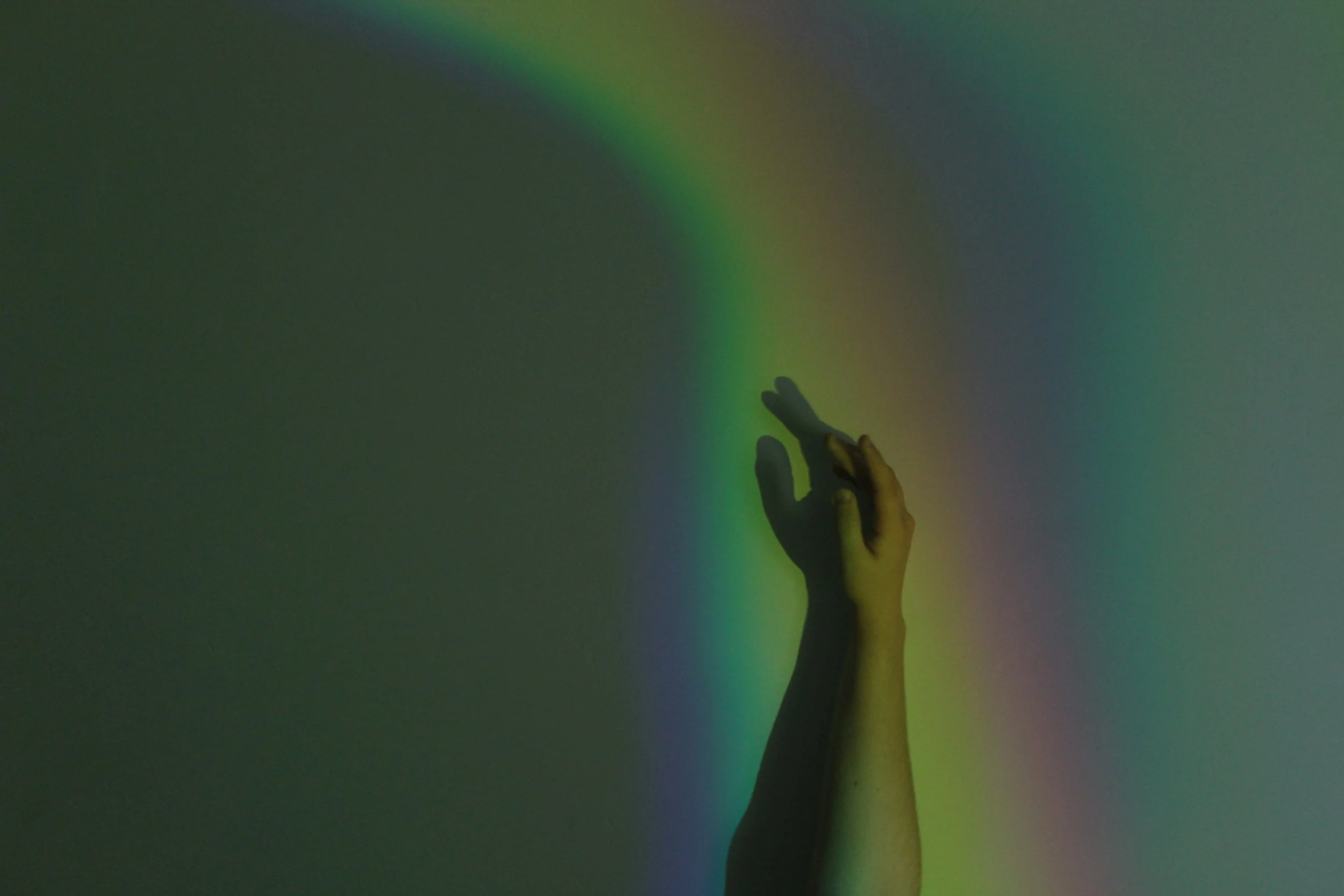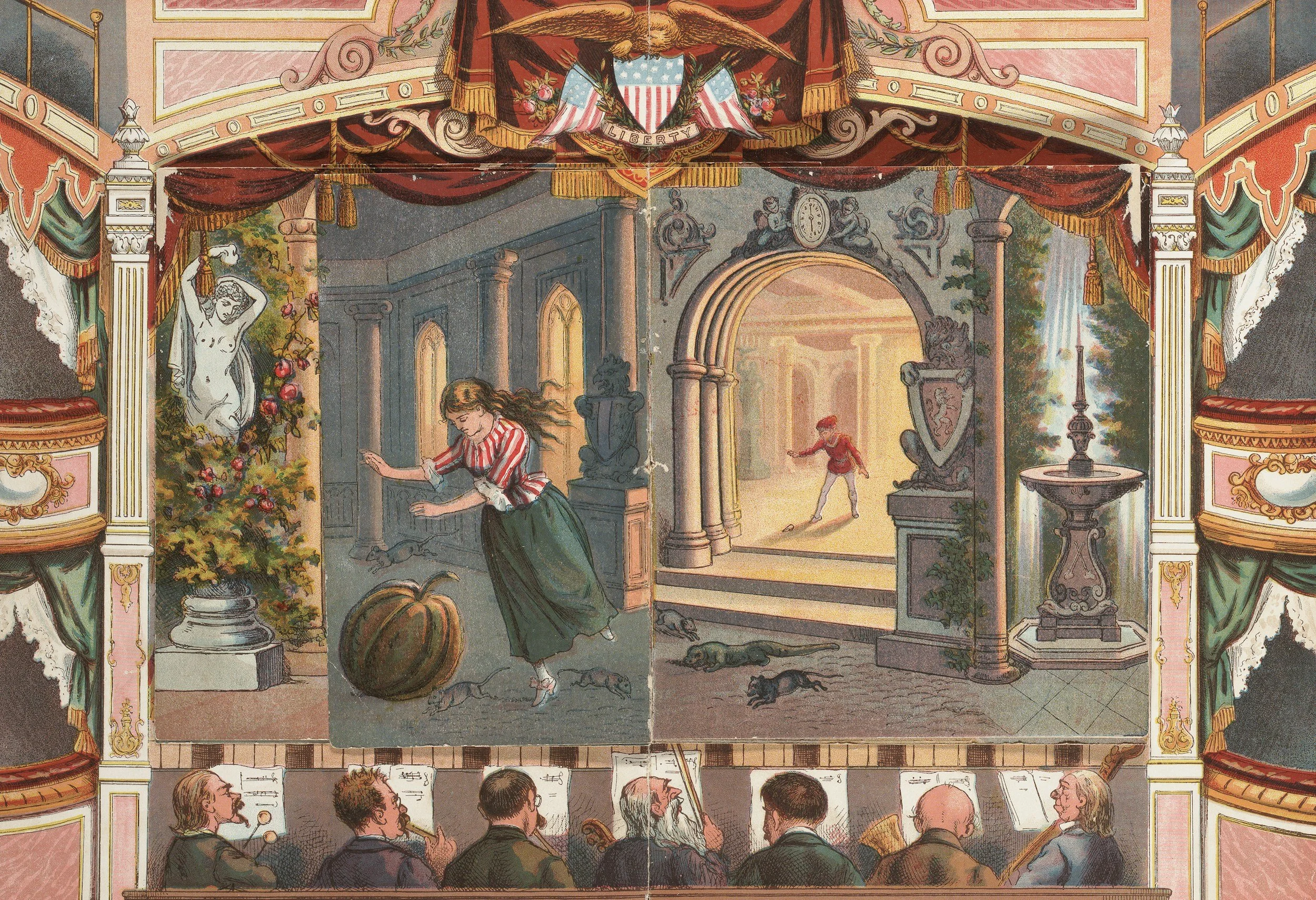The Throwaway Kid
Five years after my dad kicked me out, I was sitting in a swivel chair around a large oval table with ten other students in an Abnormal Child Development class. At twenty-one, I’d found my way into being a graduate student at Bank Street College of Education. Our teacher looked somber as she introduced the evening’s topic. “Tonight, we’ll be talking together about Adverse Childhood Experiences. It’s critical that you notice if any of your future students struggle with these issues. The impact of these experiences can be devastating.” My teacher wrote “Risk Factors” on the board, and read each item emphatically as she listed them underneath: divorce, poverty, physical abuse, violence, sexual abuse, abandonment, and “being a throwaway.” The list made my stomach churn. From what felt like a distance, I heard my teacher say that we had to notice the signs, report them, and access services for our future students. Left unchecked, these factors increased our students’ chances of dropping out of school, developing physical and mental health problems, drug and alcohol dependency, forming unhealthy relationships, and continuing the cycle of abuse and neglect.
I copied the list into my notebook, my face growing hot. I surreptitiously took out a tissue and wiped my forehead. Despite my sweating, nauseous body, I raised my hand and asked, “What is a ‘throwaway’ kid?” My teacher looked at me an extra second before she explained that it’s when a parent throws a child or teen out of his or her home. “It is illegal to do that. Parents are responsible for their child’s safety and well-being, until a child turns eighteen.”
I excused myself, walked to the bathroom, and threw up. Shakily, I washed my face, stared into the bathroom mirror, and said to myself, “You’re gonna be okay. You’re in counseling. You didn’t drop out. You don’t drink. It’s not your fault.” I took deep breaths until my face recovered its color, and then went back to class.
***
I was sixteen the night my father stood in front of the study door, blocking my way out, while I sat on the day bed that I slept on and stared at his eyebrows and forehead. It was a technique of disembodiment I had perfected over many years. He was yelling, cataloguing my flaws and transgressions in a long, vile, angry rant. I’d been living with him and my stepmother for three obligatory August weeks in their luxury apartment, working at my uncle’s jewelry office, ushering at night for my mother’s ex-boyfriend Bobby at the Broadway Theater. I was earning money to pay for my own clothes, and to save whatever I could while I figured out what I was going to do next. I was miserable.
I’d graduated high school that June, in Nassau, surprisingly getting the top grades in my class on the English “O” level exams. I’d had a vague plan of going to College of the Bahamas, but hadn’t applied. Right before I graduated, Mom and Liam had rented a tiny apartment, and my “room” was a nook behind an accordion door off the living room, without enough space to unpack my boxes. They had a larger, air-conditioned, master bedroom. I took our new digs as a clear message they wanted me out, but I wasn’t sure where to go.
Before I got to Dad’s that summer, I’d spent a few heavenly weeks with Nana and Papa Lou. We ate together, watched tv at night, and visited with Aunt Mary. I swam alone in the clubhouse pool, lap after lap, the water like butter against my skin.
My younger stepbrother, Diego, was usually my safe haven at my dad’s and stepmom’s, but he was away visiting his father. I was lost without him. I’d stopped talking to most of my father’s family after my uncle had molested me; hate rumbling around inside of me every time my father talked about the sailing and dinners he still shared with my uncle. My anger was ready to burst at any moment. I rolled my eyes, sighed loudly, and made snarky, mean comments to my father and stepmother at every possible chance. I stopped telling them where I was or when I’d be home, refused to eat with them, and left my belongings strewn messily about in my stepmother’s study. My father’s drinking was on one of its steady uphill climbs, and I’d taken to pointing it out. “Bloody Mary’s are just a way to drink at breakfast, Dad,” I smirked. Right before my father closed the study door to yell at me, he’d told me he and my stepmother were going to have another dinner party, to which I replied, “I fucking hate it here.”
I could tell by my father’s sagging shoulders that he was winding down on his tirade, and so I snapped out of my stupor enough to hear him say, “I never want to see you again. I want you out, but not before six a.m. I’m not going to lose sleep wondering where you are in the middle of the night, but I want you out by the time I get up. I don’t care where you go.” He opened the study door, and walked out.
I stayed up that whole night trying to make a plan for myself. I was too distraught and embarrassed to call my grandmother; she was in Florida, anyway. Carole was at a summer dance program. My Long Island relatives had kids of their own.
I decided to go to Bobby’s apartment—we’d stayed in touch after he and my mom stopped seeing each other. He was stage manager of the Broadway Theater and had been hiring me to usher on summer nights since I was fourteen. “This way, I can keep an eye on you while you’re at your dad’s—I know it can get rough,” he said when he first offered me the job. Back when he and Mom dated, Bobby would make scrambled eggs with cheese for breakfast after he stayed over to be with Mom. He babysat ten-year-old me at the theater, putting me in “house seats,” four rows back, center, where he could see me from the stage wings. After shows, he’d introduce me to the actors he knew: Luci Arnaz, Henry Winkler, Lily Tomlin, and laugh when I was so starstruck I couldn’t say hello. I figured he wouldn’t mind helping me make a plan.
As sunlight started to filter into the study’s airshaft window, I put my things in my duffle bag. I walked out of the blue stillness of my father’s Upper West Side apartment at 6:05 a.m., took the bus to 28th Street, and went into a coffee shop near Bobby’s apartment to wait until 7:00 before I called. I couldn’t eat—had that up all night nauseous feeling. The waiter’s gentle, “Want me to fill it up?” query about my coffee made my eyes tear up. I thought about killing myself, but in an idle way, figuring I’d probably botch that, too, and then I’d be alone, alive, and disabled. “You’ll get to die one day and see Grandmama again,” I told myself. She’d liked me, but that was probably because she died when I was six, before I’d become such a raving bitch.
At 7:00 a.m., I got my bag, went out to the payphone, and called Bobby. “I’ll buzz you in,” he said, sleepily. When I got upstairs, he was in his pajamas, his familiar blue robe tied around his slightly round belly, his brown hair sticking up in the back. He gave me a big hug. “What happened?” I told him, standing there crying, and he said, “Come sit here and we’ll figure it out.” I sat next to him on his big cushy couch, and he put his arm around me, wiped my tears, and then, he gave me a kiss. I gave him a peck back, thinking he was giving me a friendly, comforting kiss, and then, he was pulling me toward him. I thought, “No fucking way. Jesus. Really?” I tried to pull back as he put his hand on the back of my head, his mouth on mine, then I jerked back hard and said, “Bobby!” He stopped, looked at me, and said, “You . . . you better leave.”
I left, a shell of a girl, with hollowness where my heart had been. The feeling of being disoriented, barely attached to my own body, was so overwhelming that for a moment—I didn’t know what street I was on. I stared at my feet until I noticed the sidewalk, looked up to see the street sign, “28th Street,” and then went back with my duffle bag to the coffee shop, got change, walked to the pay phone, and called my friend, Mary, in New Jersey. She was going to start her junior year of high school in the fall. “Could I come stay at your house for a few days?” I asked and then I started to sob.
I stayed with Mary, and then Carole when she came home. Carole’s mother asked me why I didn’t want to go back to Mom and Liam’s, and when I explained, she promised that Mom and Liam wanted me to live with them. She asked me to talk with them on the phone, and tell them how I felt. When I agreed, she sat next to me and dialed. I was surprised and comforted that my mom cried as soon as I said, “Hi.” A few weeks later, I flew back to Nassau and went to College of the Bahamas. Mom and Liam rented a new place that had a room for me.
***
A part of me still holds my duffle bag in the cold blue of that early morning; a wisp of a person, trying to feel weighted to the earth. I coax myself to inhabit my body every day—breathing deeply, exercising, dancing, paying attention when I eat; simple things to remind me that I am here. Dean is helping me fully materialize, too. He looks me in the eyes and smiles at me every day, seeing me. Now that I’m in remission, he goes with me to every oncology check-up, standing behind the curtain while my feet are in stirrups, sitting next to me for the question-and-answers with Dr. Pothuri. Our diet has shifted to being vegetable based, and my meat and potatoes man chomps his roasted broccoli, pointing out what he likes about the seasoning. Besides exercise biking and dancing, I walk; Dean says walking is good for him, too, coming along with me on back roads and local trails. Dean listens to every single draft of everything I write. I don’t know how to fully thank him, except to do my best to stick around.
***
I am beginning to see glimmers of G-d’s gift from that deeply awful night and day. I make my home a welcoming place, and no matter the size of where I’ve lived, I have space for people I love to stay in, unpack, and keep things as messy as they want. Another glimmer is that I have a ridiculous amount of patience for terribly behaved teenagers. Having been a throwaway kid makes my teaching life magic. Last week, when I offered to assist a student with an essay, he said, “I don’t need your fucking help.” I recognized that anger and replied, “Please never curse at me again, but—hey, it’s great you’re so independent.” He looked up, surprised, half-laughed, and said, “Sorry.” Every time I help students feel a little more cared for and respected when they are at their surly, cursing, eye-rolling worst—another ounce of me heals.
***
This morning right after I wake up, Dean hears me rustling around, putting in my headphones for a guided meditation in bed. He leans over and kisses me. I slip my hand into his, lying side by side, feeling more grounded in my body by holding on to his. After meditating, I wiggle out of bed to leave him sleeping, go into the bathroom and splash some water on my face. I look up into the mirror and spot her, my younger self, smiling hesitatingly, peeking out from beneath my grey hair and wrinkles. “You’re gonna be okay,” I tell her, me, for the millionth time. Even if I end up having to leave life a little early, the true miracle is how much I want to stay—in my body, in this house, with this man.
-Robin Perls-Shultis
Robin Perls-Shultis lives with her husband, Dean, and their cat, Lucky, in upstate New York. She enjoys teaching high school students, hiking, writing, and most of all, spending time with her husband and the children in their lives.

